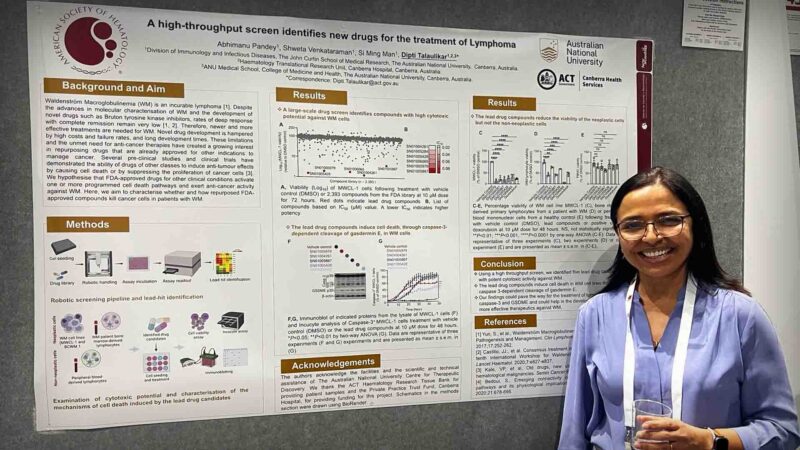PODIATRIC RESEARCH IN CHILDREN, THE WORKFORCE AND THE LGBTQIA+ COMMUNITY
With
Professor Cylie Williams
School of Primary and Allied Health Care
Monash University,
Melbourne, Australia
RESEARCHER PROFILE
Filmed in Melbourne, Australia | June 2025
Professor Williams holds the role of Deputy Head of School, School of Primary and Allied Health Care, and course coordinator of the Doctor of Podiatric Medicine degree. She is a podiatrist, and has held professional roles in community health, acute and subacute services in child health care teams, research leadership and professional governance. Until last year, she was also the Chair of the Podiatry Board of Australia. Professor Williams research is focused on children’s lower limb disorders, foot health throughout the lifespan, and the allied health workforce. She has published over 180 peer reviewed papers, and has over $13M in research funding.
Source: Supplied
You Might also like
-
In his father’s footsteps as a kidney transplant specialist
Since he was a young child, Dr Collins, has been interested in kidney failure and kidney transplants in particular. His father was also a kidney specialist, and he used to sit by the phone when his father, was on call and ringing people who were being offered a kidney transplant. The joy in their voices through this interaction created a lasting and profound impact on Dr Collins. This carried through his career and today he continues to seek better outcomes for Kidney patients.
-
Lymphoma, Myeloma and Genomics
Professor Dipti Talaulikar is a clinical and laboratory haematologist with expertise in genomics, working at Canberra Health Services, and Professor at ANU. She has a clinical and research interest in lymphoma, myeloma and genomics, and has authored close to 100 peer reviewed papers, including several clinical guidelines that have had a significant impact on clinical practice.
-
Blister management and impact on firefighters
David Burns, a Senior Paramedic with LifeAid, a private paramedicine company in Victoria and, has a diverse background in healthcare. He began his career as a registered nurse, progressing to critical care nursing specialising in liver transplants and cardiovascular surgery.
At the Australasian College of Paramedicine International Conference, David presented research focused on the foot care of firefighters during prolonged bushfire campaigns. During the 2019-2020 bushfires, over 10,000 firefighters sought care, with nearly 50% requiring attention for foot-related issues. David emphasised that inadequate foot care could bench firefighters for up to 10 days, diminishing their ability to protect communities and critical infrastructure. Recognising the economic benefits of prioritising firefighter health, David advocates that ensuring their well-being allows communities to recover effectively and enhances safety for all involved in firefighting efforts.

 https://orcid.org/0000-0002-0223-9141
https://orcid.org/0000-0002-0223-9141


